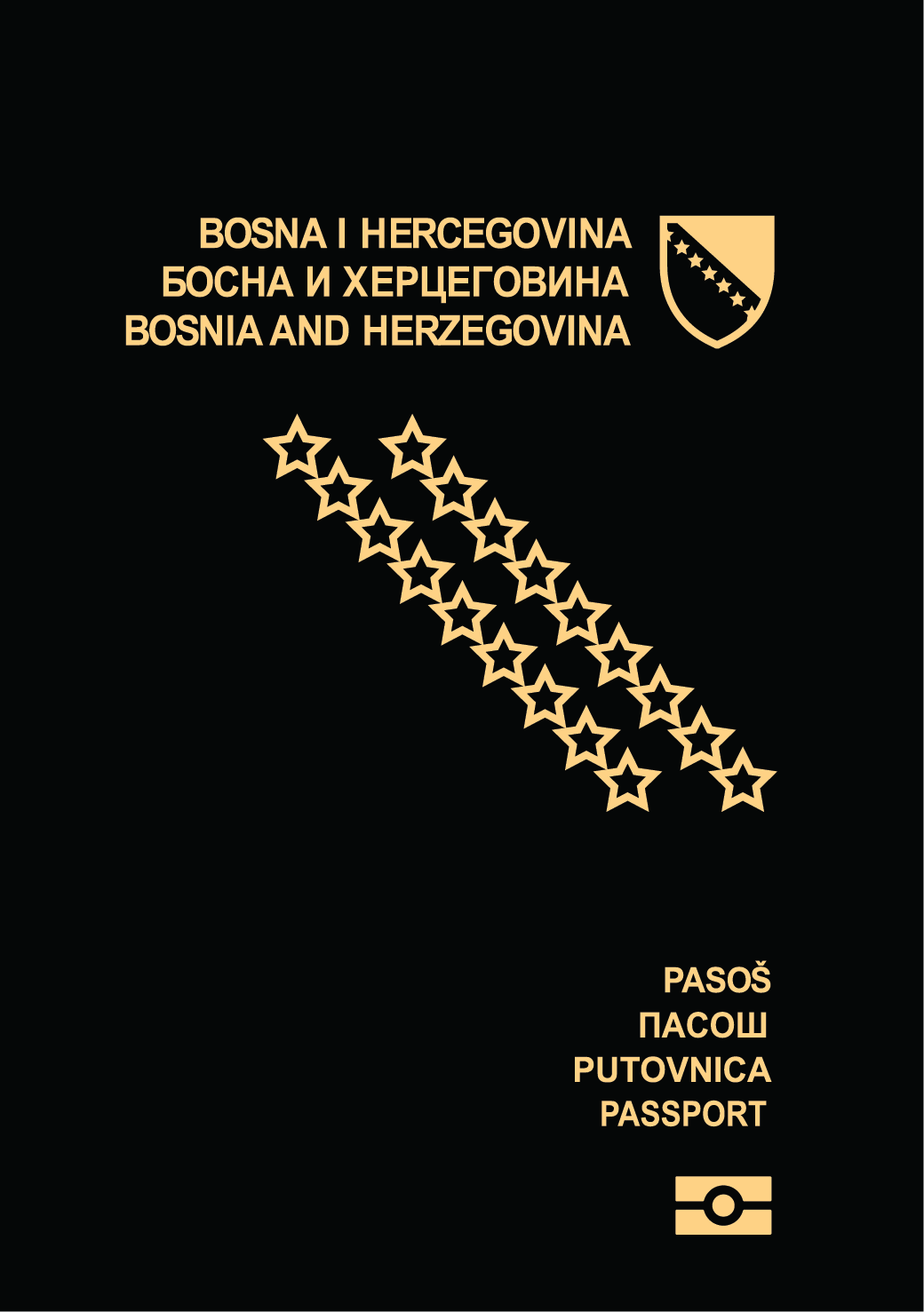Visa free access for Bosnia and Herzegovina
As a Bosnia and Herzegovina passport holder, you are permitted to travel visa-free to 124 countries and territories. This data is correct as of January 2025.
In order to travel visa-free, you will need a valid passport, often with at least six months until expiry. Additionally, you may need travel insurance, as required by your destination country.
Within these countries, there is often a separate section in airports where you can submit your Visa on Arrival. You will receive your visa on arrival (VOA) after entering the country that issued the visa.
Acquiring an eVisa follows the same process as applying for a traditional visa. The main difference with an eVisa is that you don’t need to visit a visa application centre. You can submit your application online, including making any payments relating to the visa.
Once the relevant authorities approve your application, you will receive a confirmation email regarding your visa status, along with a document that you must print and bring with you when crossing the border.
You will need a valid visa to enter the 124 countries with a Bosnia and Herzegovina passport.
About Bosnia and Herzegovina
Bosnia and Herzegovina, often referred to simply as Bosnia, is a country located on the Balkan Peninsula in southeastern Europe. It is known for its diverse culture, rich history, and stunning natural landscapes. The country is home to approximately 3.3 million people, with a mix of Bosniaks, Croats, and Serbs making up the majority of the population.
The climate of Bosnia and Herzegovina varies from a Mediterranean climate on the coast to a continental climate in the interior. Summers are typically hot and dry, while winters can be cold and snowy, especially in the mountainous regions.
Bosnia’s culture is a blend of Eastern and Western influences, reflecting its complex history and diverse population. Its capital, Sarajevo, is a vibrant city with a mix of Ottoman, Austro-Hungarian, and Yugoslav architectural styles. The country is also known for its traditional music, folk dances, and cuisine.
Economically, Bosnia and Herzegovina has made significant progress since the devastating war in the 1990s, but it still faces challenges. Key sectors include manufacturing, mining, and services. The country is also increasingly attracting tourists, drawn by its natural beauty, historic sites, and warm hospitality.
In conclusion, Bosnia and Herzegovina is a country with a rich tapestry of cultures, beautiful landscapes, and a resilient spirit. Its unique blend of East and West, its complex history, and its potential for growth make it a fascinating place to explore.

 Bosnia and Herzegovina
Bosnia and Herzegovina
































































































































































































































